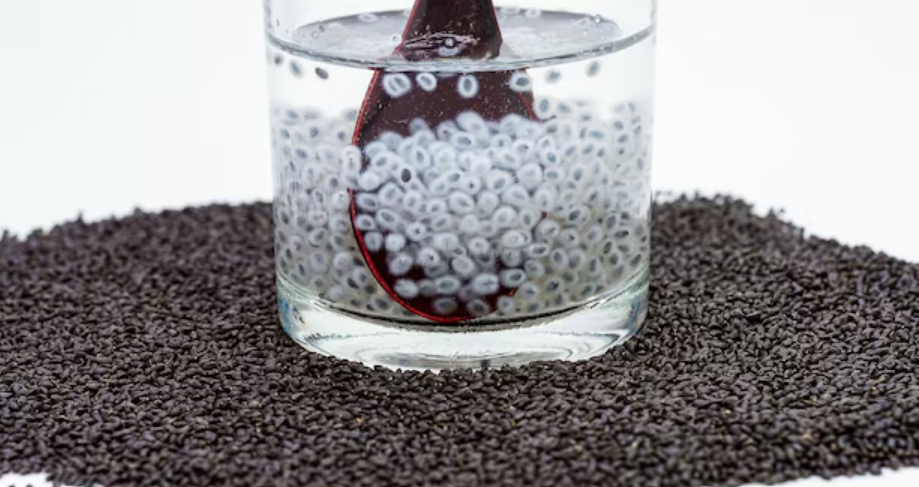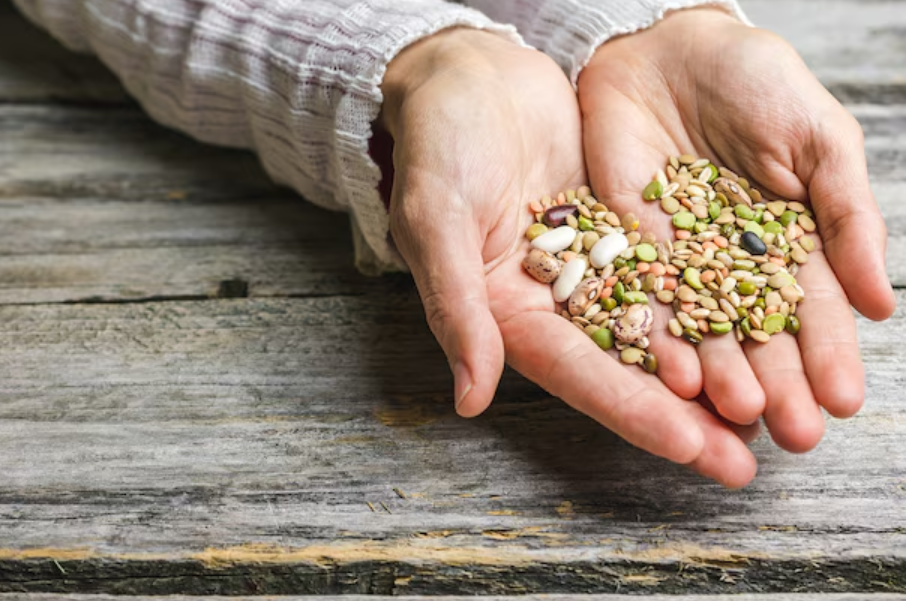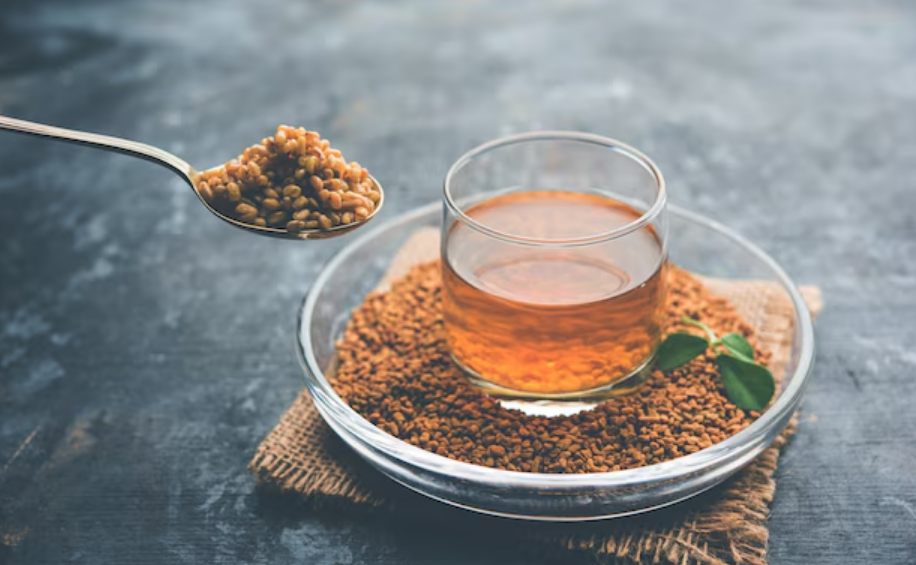-1733561684744.webp)
Winter brings with it a unique set of nutritional challenges, and experts are turning to an age-old solution that promises to revolutionise seasonal health: soaked seeds. Rutu Dhodapkar, Chief Dietician at P D Hinduja Hospital and Medical Research Centre, reveals the science behind this simple yet powerful nutritional strategy that can transform winter wellness.
Rutu Dhodapkar explains that soaking seeds in water “makes them easier to digest and enhances the bioavailability of essential nutrients.” When seeds are soaked, they release enzymes that break down anti-nutrients like phytic acid, tannins, and polyphenols, which can inhibit nutrient absorption. As Dhodapkar further notes, soaking “reduces the presence of gas-causing compounds” and makes nutrients like protein, iron, zinc, and calcium more accessible to the body.

“Soaked seeds contribute to hydration,” says Dhodapkar, emphasising that the water absorbed during soaking helps keep the body hydrated, a key concern during winter when people often drink less water. In addition to hydration, some studies suggest that soaking seeds can increase their antioxidant activity, which helps protect the body from oxidative stress and may lower the risk of chronic diseases.
Soaked seeds are nutrient-dense foods that are easy for the body to absorb. According to Dhodapkar, “Soaking enhances the nutritional value and digestibility of these already nutritious foods, making them even more effective in supporting overall health.” She explains that soaking also “improves digestion by reducing anti-nutrients” and increases the body’s ability to absorb vital minerals.
For example, Dhodapkar suggests including 3 teaspoons of soaked sesame seeds daily. “Sesame seeds provide 12% of your daily recommended fibre intake, which aids in digestion and supports gut health,” she says. Additionally, soaking 1 teaspoon of fenugreek seeds can help “regulate blood sugar levels in diabetic individuals,” and chia seeds are particularly beneficial for lowering “blood triglycerides and reducing inflammation.”

Flax seeds are a rich source of omega-3 fatty acids, which, according to Dhodapkar, “play a crucial role in boosting immunity and supporting heart health.” Adding flax seeds to your winter diet can help combat inflammation and improve overall immune function.
Chia seeds contain not only omega-3s but also essential amino acids that help “increase immunity and support healthy cholesterol levels,” says Dhodapkar. These small seeds can be easily incorporated into your daily meals to enhance overall health.
Rich in antioxidants, sunflower seeds are an excellent source of magnesium and vitamin E. Dhodapkar points out that “sunflower seeds help with energy production and skin health, which is essential during winter when dry skin is a concern.”
“Sesame seeds are a powerhouse of nutrients,” says Dhodapkar. They are especially beneficial for diabetics, as “just one teaspoon a day can help manage blood sugar levels.” Sesame seeds are also high in zinc, which supports immune function.
Known for their high protein content, hemp seeds are ideal for building muscle mass and improving energy levels during winter. Dhodapkar emphasizes that “hemp seeds help with weight loss, appetite control, and overall immune health due to their rich content of essential fatty acids.”
Don't Miss: 5 Unknown Health Benefits Of Avocado Seeds
Some of the best seeds for both hydration and warmth during winter, as per Dhodapkar, include:

These seeds are rich in protein, magnesium, and potassium, all of which contribute to hydration and bone health. They also help regulate blood sugar levels.
Sunflower seeds are excellent for maintaining hydration and warmth. Their magnesium content helps regulate fluid balance, while the healthy fats provide sustained energy.
Packed with thermogenic properties, sesame seeds can help generate warmth, keeping the body comfortable during chilly weather.
These seeds are known for their hydrophilic properties, absorbing water and helping to keep the body hydrated throughout the day.
To reap the maximum health benefits, it is important to soak seeds in warm water for 8-12 hours. “Soaking seeds activates the enzymes and makes the nutrients more bioavailable,” says Dhodapkar. Soaking helps break down the anti-nutrients and ensures that the body can absorb essential vitamins and minerals more easily.
Adding soaked seeds to your winter diet is a simple yet effective way to improve digestion, boost immunity, and stay hydrated and warm.
Don't Miss: 5 Soaked Seeds You Must Avoid Consuming During Winters, As Per Dietician
Keep reading Herzindagi for more such stories.
Image Courtesy: Freepik
Also watch this video
Herzindagi video
Our aim is to provide accurate, safe and expert verified information through our articles and social media handles. The remedies, advice and tips mentioned here are for general information only. Please consult your expert before trying any kind of health, beauty, life hacks or astrology related tips. For any feedback or complaint, contact us at [email protected].